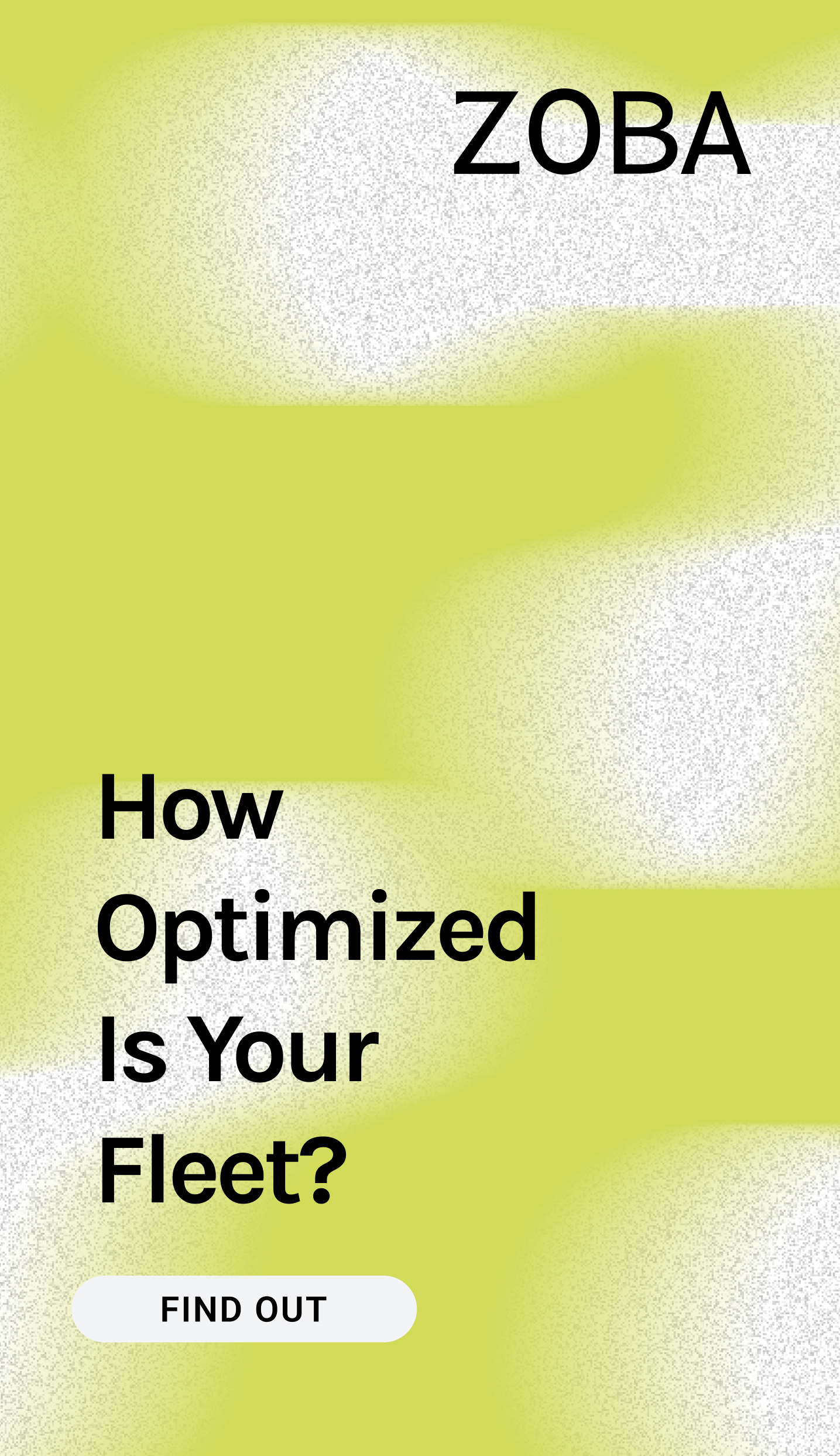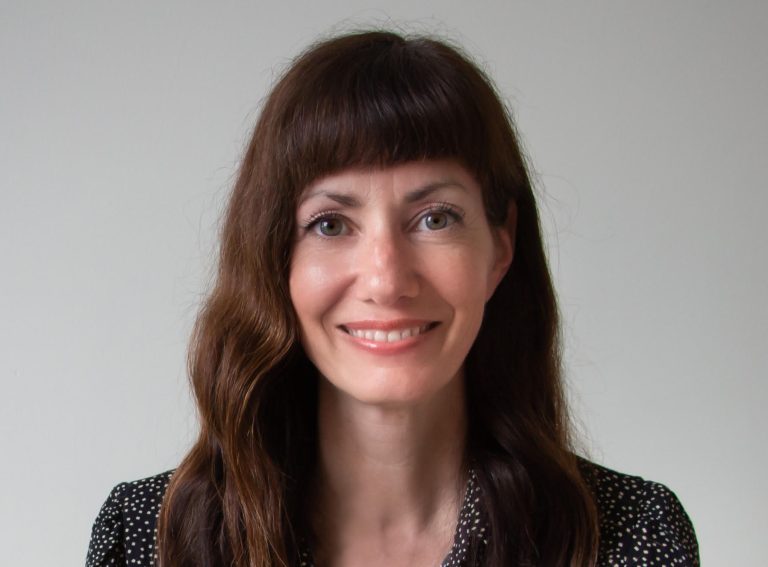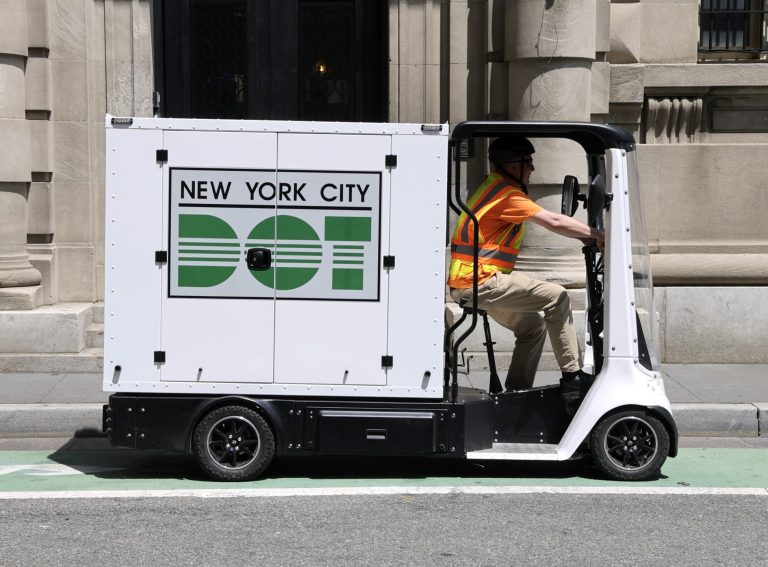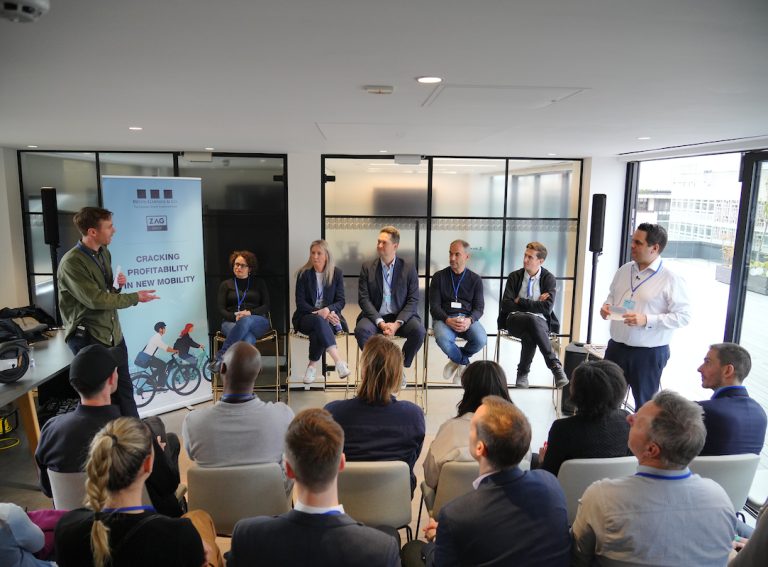Sustainable logistics provider XeroE agreed to its industry-leading partnership with Varamis in January 2024, a collaboration that the firm’s CEO and founder Steve Evans believes can help solve one of the “biggest obstacles facing sustainability in the logistics industry”.
Specialising in emission-free last-mile deliveries, XeroE has now completed more than one million deliveries in London alone using cargo bikes and electric vehicles.
However, transporting goods into the middle of the city for last mile distribution remains a challenge for sustainable last-mile delivery operators, with electric vans having proven an imperfect solution due to their limited range and higher costs.
“Lots of companies are willing to say that they want to operate in a more sustainable way, but very few want to pay for it,” Evans tells Zag Daily.
“By using trains we can remove loads of polluting and electric vans from the roads and from city centres.”
Enter Varamis
As the world’s highest scoring logistics B Corp, XeroE is always looking for sustainable solutions and this mindset inspired this new partnership with Varamis.
Through its rail freight network, Varamis offers XeroE a more cost-effective and sustainable solution to the “middle mile” issue that Evans outlined above.
“Varamis trains are recycled former passenger trains that had been put out of use and are now powered purely by electricity supplied from green sources,” he explains.
“And these trains allow goods to be delivered to the middle of the town or city, which can eliminate the need for vans altogether.”
From mid-April Varamis will operate a service that runs between London and Birmingham, in addition to its Birmingham to Glasgow route which is already up and running. The partnership will officially commence once this route is launched, and will allow goods to be loaded onto a train in Birmingham and then delivered to customers across London and Glasgow from a XeroE microhub.
XeroE plans to create a microhub in Birmingham soon too, a city which is within reach of a large number of distribution centres, warehouses and factories.
“Varamis raised £2m in 2023 which has allowed the firm to invest in six trains and bring forward the timeline for launching its Birmingham to London route,” adds Evans.
Growing buzz
Since the partnership was announced XeroE has received “fantastic levels of interest” from a range of e-commerce firms which ship thousands of deliveries per day into urban centres.
Based on these discussions, Evans projects that working with Varamis could allow XeroE to potentially treble the amount of deliveries it is conducting on behalf of certain clients.
“It has also opened the door to do more with major e-commerce clients,” he says.
“They are interested in sustainability, but we can now offer it at a much more economical price that matches their current arrangement. Rather than sending a vehicle into the centre of a city, we will share the cost of the train journey and only pay for the space we need.”
Varamis and XeroE hope to capitalise on this growing momentum and the rail logistics firm has plans in place to expand its network to include extra stops in London and a line covering Bristol and the West of England.
“This partnership will allow us to offer clients one delivery cost that covers all the constituent parts of the service,” explains Evans.
“In the past e-commerce firms that wanted to offer sustainable deliveries would have to work with multiple different providers, but now they can do it all through XeroE.”
Service in practice
XeroE will initially offer this integrated sustainable logistics service on a one-to-three month pilot basis to its clients, which will allow it to show off the benefits of the partnership with Varamis.
However, Evans is realistic about the early challenges the new partners will face while incorporating the two services to ensure that they coexist as seamlessly as possible.
“There is always the possibility that we miss a train or there is disruption to the rail service,” he continues.
“There can also be software integration glitches or issues with handling at each station in terms of personnel and access.”
Once the partnership is up and running, XeroE is keen to target sustainability managers at large e-commerce companies that previously have had their ability to enact meaningful change limited by cost constraints.
“They can now go back to their operations team and present a sustainable option that matches what they have paid in the past,” says Evans.
To complete the last-mile deliveries, XeroE has partnered with RYTLE, an innovative OEM that has developed a cargo bike with an in-built forklift on the back. This means that the cargo bike can be quickly and easily loaded with containers, which cuts costs and reduces downtime.
“I think the RYTLE cargo bikes are a game changer in the same way shipping containers fast-tracked globalisation,” Evans explains.
“Cargo bike containerisation can lead to localisation of last-mile delivery which will allow all urban deliveries to be conducted by sustainable vehicles. If there are some standards put in place meaning that all the OEMs use the same lifting gear and box dimensions, it can make the entire process really interchangeable.”
Evans would ideally like to see the containers pre loaded and sorted prior to leaving the client’s premises as this would make the overall service almost entirely frictionless.
“Our vision is to combine the containerised RYTLE cargo bikes with the Varamis freight system,” he says.
“And when this is being operated at large volumes for some of the major e-commerce firms, we can conduct multiple deliveries on the same street from a single container.”




